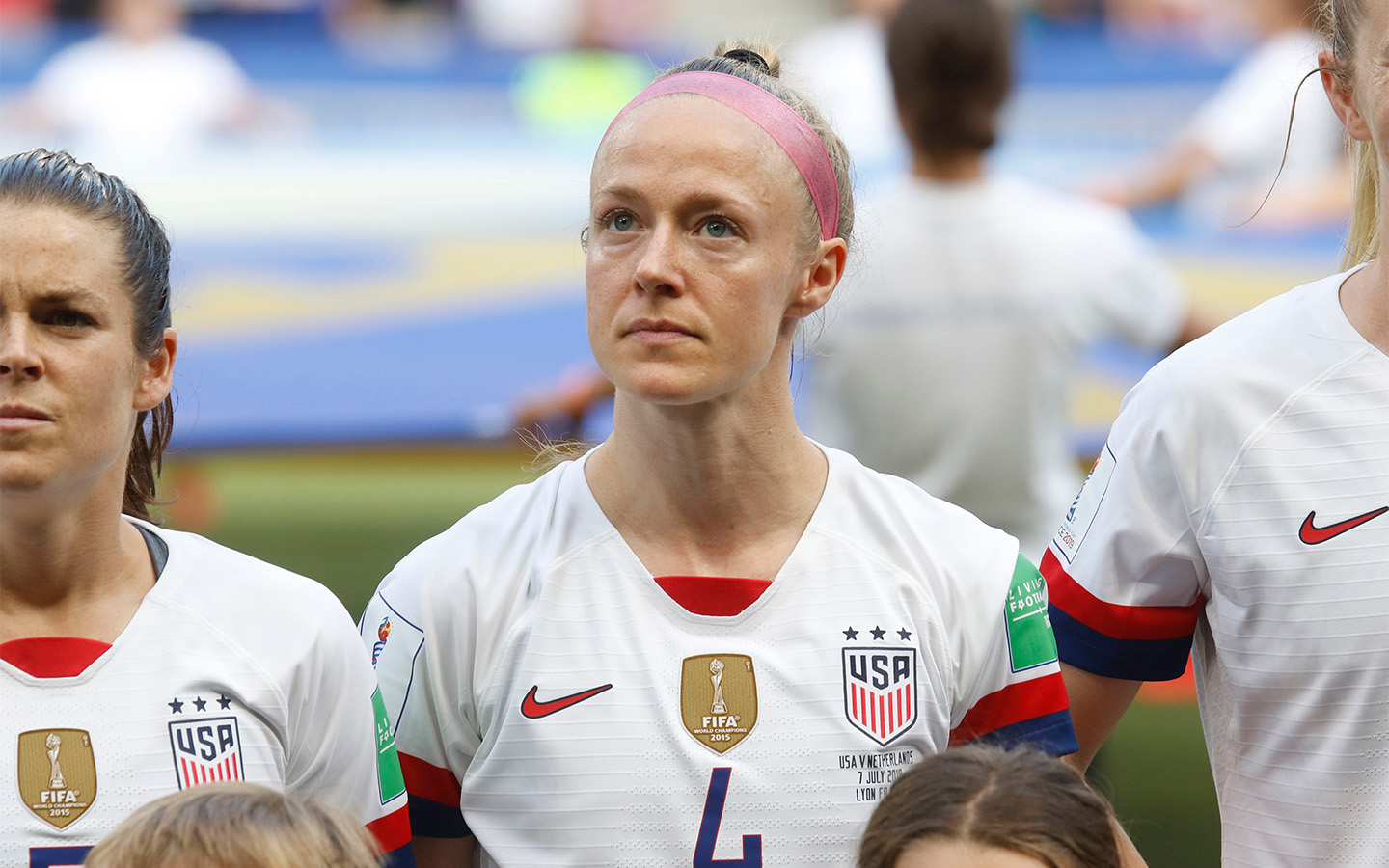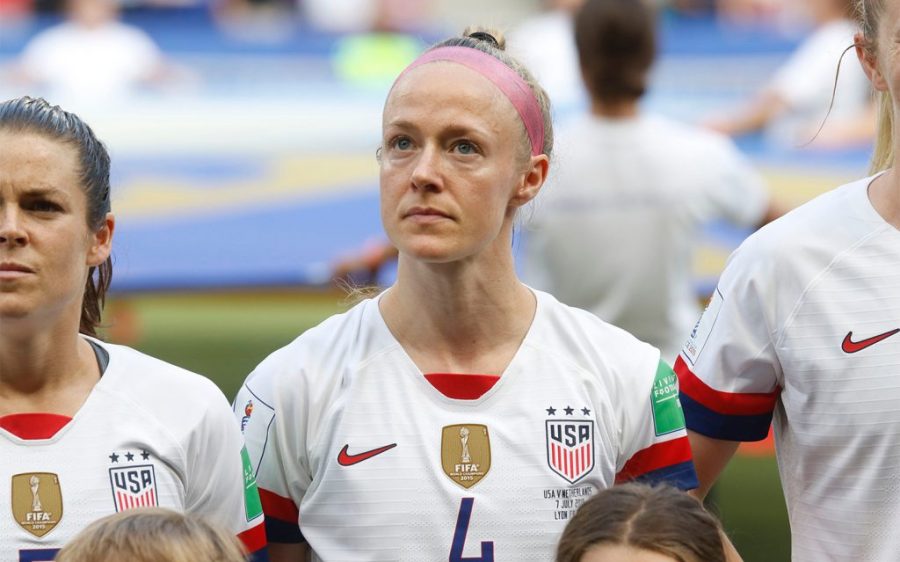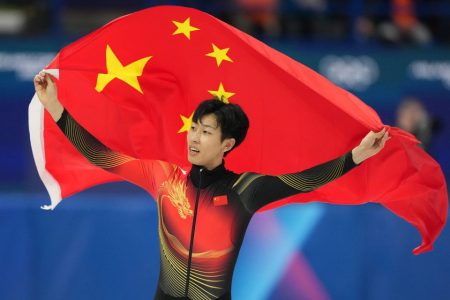Over 120 professional female footballers from 24 countries have joined forces to call for an end to FIFA’s sponsorship deal with the Saudi Arabian oil and gas giant Aramco, signing a forcefully worded letter published on Monday.
FIFA signed a four-year deal in April with Aramco, the world’s largest state-owned oil and gas company, to sponsor major tournaments including the men’s World Cup in 2026 and the Women’s World Cup in 2027. Players accuse football’s governing body of once again selling “its principles and those of football’s fans and players,” citing the decisions to allow World Cup tournaments in Russia (2018) and Qatar (2022) as previous examples. All three countries have come under fire from campaigners for “sportswashing” – the practice of lavishly investing in sport as a means of obscuring poor human rights records. Last year, the Guardian revealed that Saudi Arabia alone had spent more than US$6.3 billion over two and a half years on such sports deals.
“We urge FIFA to reconsider this partnership,” the letter reads, “and replace Saudi Aramco with alternative sponsors whose values align with gender equality, human rights and the safe future of our planet.”
[See more: Three inspiring women from history who have made their mark on Macao]
Human rights, particularly those of women and the LGBTQ+ community, featured prominently in the letter. They cite the cases of Salma al-Shehab, a Leeds University student sentenced to 27 years in prison in 2023 for tweeting in support of women’s rights, and Manahel al-Otaibi, sentenced this year to 11 years in prison after using social media to call for and end to rules dictating that women needed the permission of a male relative to marry or travel. They also point to LGBTQ+ players, including many “heroes” of the sport, and question how they can be expected to promote a state that “criminalises the relationship that they are in and the values they stand for.”
The players also invoked climate change, slamming Saudi Aramco as “one of the corporations which is most responsible for burning football’s future.” They noted that Aramco is the biggest single contributor to global carbon emissions and Saudi Arabia has consistently used its power to lobby against climate progress.
Player pushback against a previous Saudi deal – FIFA planned to make Visit Saudi, the country’s tourist authority, a leading sponsor of the 2023 World Cup – was successful. However, “FIFA values its partnership with Aramco and its many other commercial and rights partners,” the federation said in a statement emailed to the AP on Monday. The self-proclaimed “inclusive organisation” offered no response to the concerns raised by players, who noted that its “decisions are made by a Council of 37, of which only 8 are women” and that “these are decisions made by men privileged enough not to be threatened by Saudi authorities’ treatment of women.”






